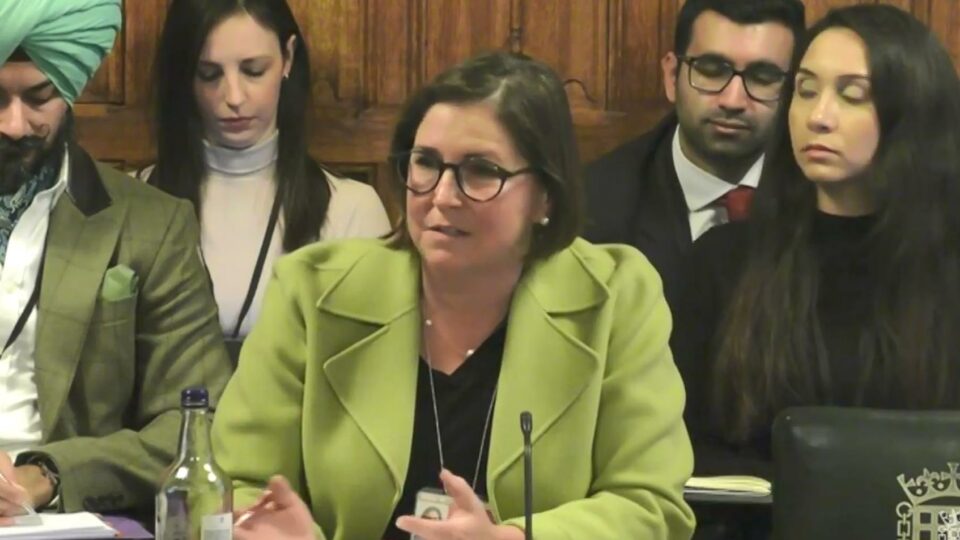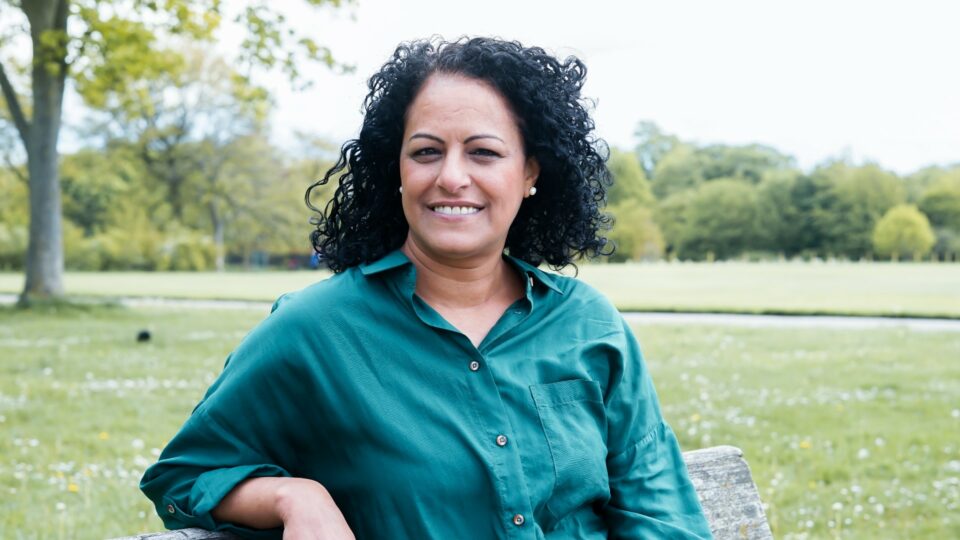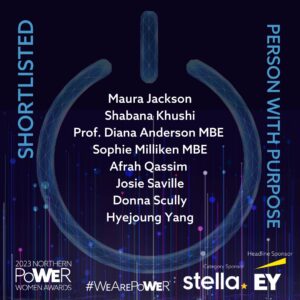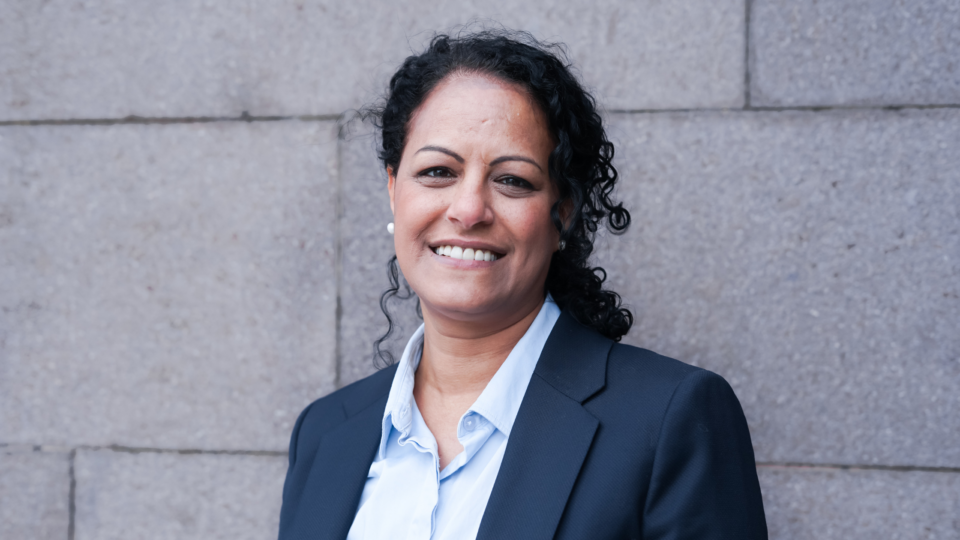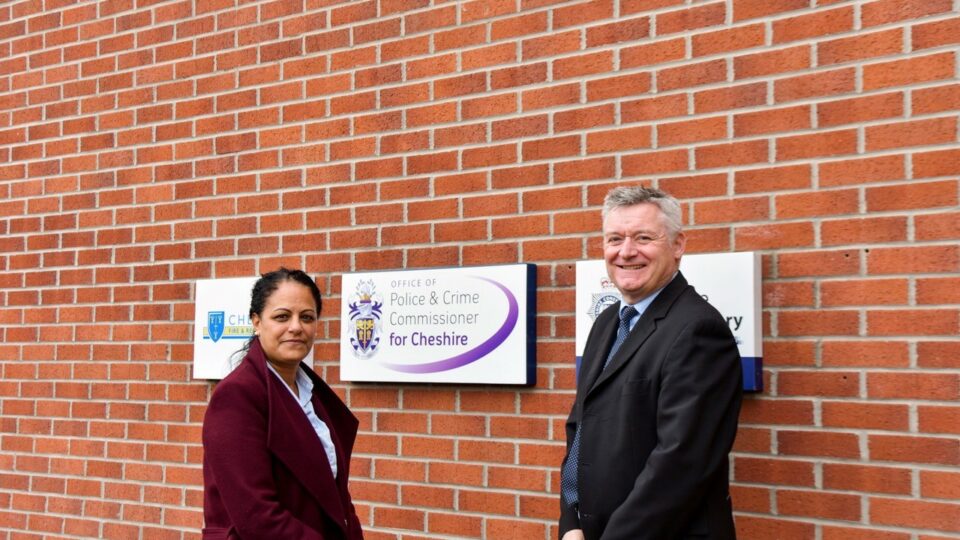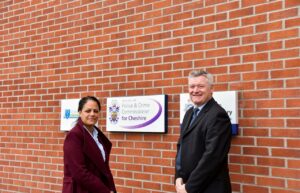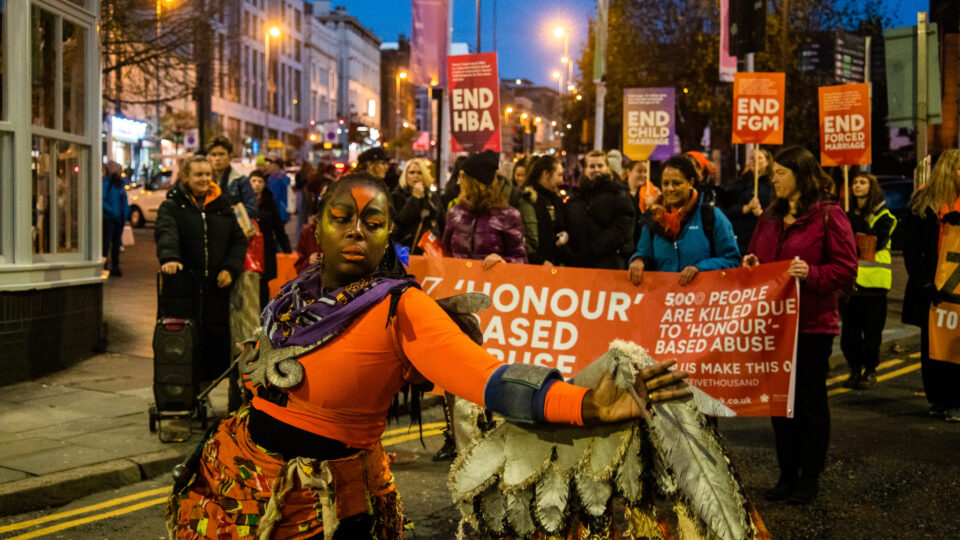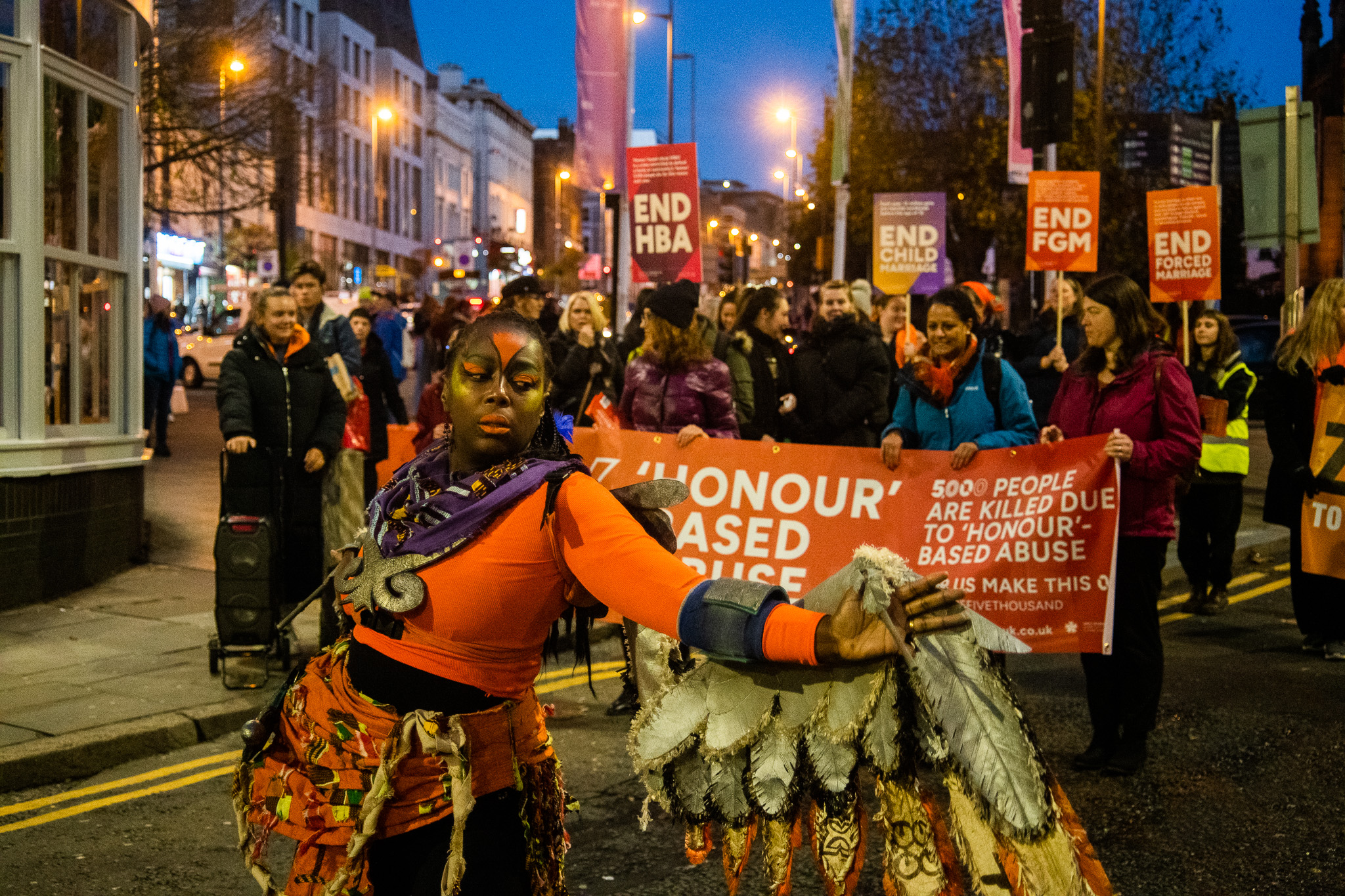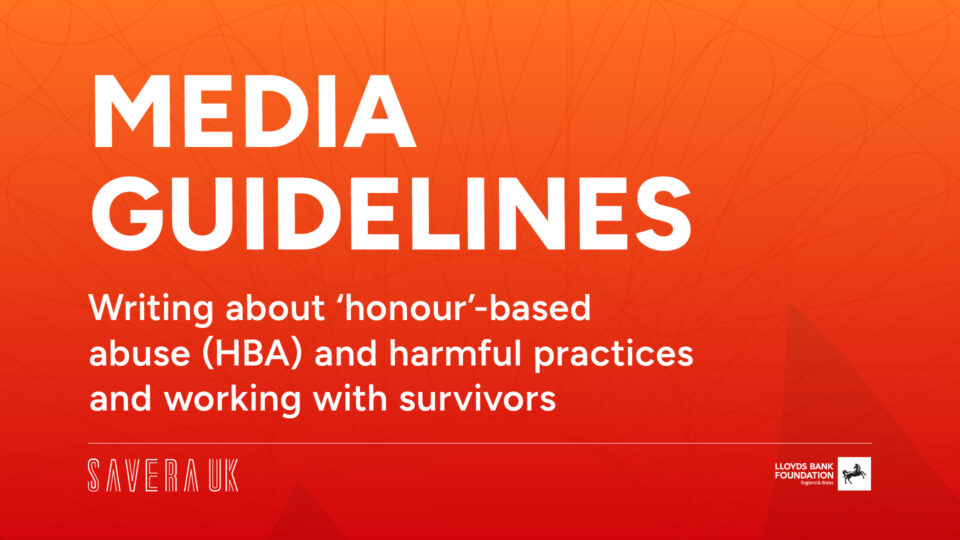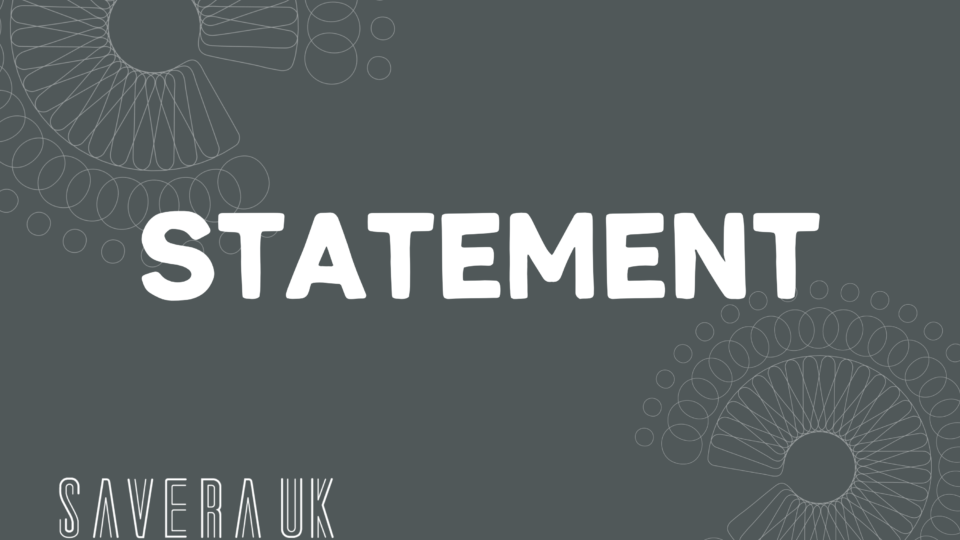Last week, the Women’s Equality Committee opened a discussion relating to ‘honour’-based abuse (HBA).
During the event, which took place on Wednesday, 11th January, evidence was heard from Detective Chief Constable of Northamptonshire Police and National Police Chief’s Council Lead for HBA, Ivan Balhatchet, Crown Prosecution Service National Lead for HBA, Jaswant Narwal, Domestic Abuse Commissioner, Nicole Jacobs, Ministry of Justice Minister for State for Victims and Sentencing, Edward Argar MP and Home Office Minister for Safeguarding, Sarah Dines MP.
Topics raised during the discussion included gaps in HBA training among professionals, barriers facing those at risk when accessing support, challenges in prosecuting cases and in safeguarding and advocacy work.
Prior to the discussion, Savera UK submitted evidence to the committee detailing specific difficulties those at risk face, and what actions are necessary in order to work towards a world without HBA and harmful practices. Savera UK emphasised the necessity for a commitment to regular, ongoing training of professionals, a universal definition of HBA referred to by all agencies, sole and dedicated focus to HBA in legislation and the effective implementation of any Governmental and Local Authority strategies supported by the necessary funding and resources.
Savera UK also highlighted the need for one centralised database to collect information relating to HBA, including data on survivors, perpetrators and offences. This is integral to reaching and supporting those at risk, as only with a greater understanding of the true scale of the problem are we able to effectively target those at risk and deliver safeguarding and advocacy support.
Many of these points were also raised by witnesses during the discussion. DCC Ivan Balhatchet emphasised there are currently gaps and inconsistencies relating to training, which is further exacerbated by cases of HBA being “extremely challenging and difficult to identify the risks upfront”. He stressed the need for a risk assessment tool, which would enable police to quickly identify the escalating risk of HBA in a situation.
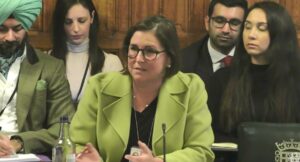
Domestic Abuse Commissioner, Nicole Jacobs, called for greater resource and funding for specialist third sector organisations tackling HBA. She said: “I really appreciate now more than ever, especially with the mapping evidence that shows how effective these services are particularly and how vulnerable they are in terms of funding.” She added: “We need to have a much more strategic approach to ‘by and for’ services in general.”
Following the discussion, Afrah Qassim, Founder and CEO of Savera UK, said: “Savera UK thanks the Women’s Equality Committee for creating a space to focus on the incredibly important topic of ‘honour’-based abuse (HBA), and for inviting evidence from specialists in this field, including our own team.
“While it’s important to have these discussions in a public forum, we hope it will be followed with action on the important points raised, particularly around the development of a definition of HBA, the creation of a centralised database and implementation of mandatory ongoing training for professionals.
“HBA can only be eliminated through a multi-pronged approach which requires efforts from all levels, including policy change in Government. While third sector organisations, like Savera UK, continue to deliver effective safeguarding and advocacy and campaign for greater awareness, it’s only with the backing of policy-makers that effective change can take place.
“In addition, we echo Nicole Jacobs’ call for greater funding and resources to be invested in frontline organisations. Savera UK is dedicated to safeguarding those at risk while tackling the causes of HBA by working within communities and lobbying for policy and legislature change, but we need the support and funding of Government and Local Authorities in order to do so.”
You can watch the Women’s Equality Committee discussion on HBA in full here and read the responses to the call for evidence, including the one submitted by Savera UK, here.

